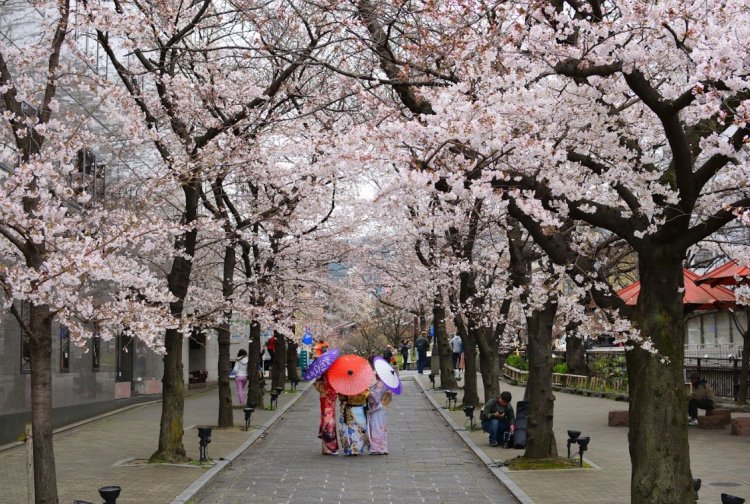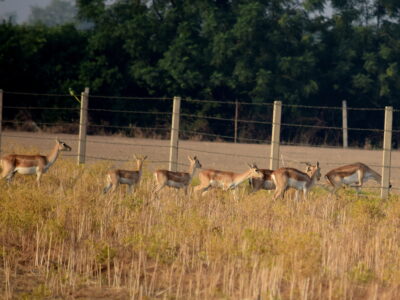The cherry blossoms (sakura) have been blooming earlier. The cultural tradition involving the cherry blossoms might be threatened. Scientists say that global warming is the cause of this early bloom. Unfortunately, this early bloom has problematic ecological and economic consequences.







Comments